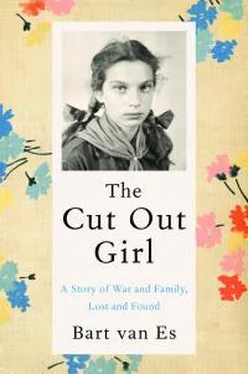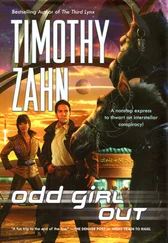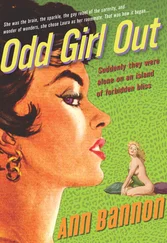I began writing this book in January 2015. Right from that first moment, my dear friend Tore Rem has been very important. His comments on drafts and our many conversations gave me the confidence to carry on. Colleagues at Oxford have also been unfailingly positive. It was thanks to the suggestion of Peter McDonald (of St. Hugh’s College) that I began recording my interviews and we have discussed this book over squash games ever since. Andrew Kahn, Louise Fawcett, Justine Pila, Marc Mulholland, Adam Smythe, Lorna Hutson, Peter McCullough, Paulina Kewes, and many others at the University of Oxford have given encouragement and advice. My direct colleagues in English at St. Catherine’s—Kirsten Shepherd-Barr, Jeremy Dimmick, David Womersley, and Ben Morgan—and, of course, the Master, Roger Ainsworth, have followed this project closely. The same is true of colleagues at other universities, among them Tiffany Stern, Andrew Hadfield, Douglas Bruster, Lukas Erne, Patrick Cheney, Michael Suarez, and Indira Ghose.
In August 2015, thanks to the advice of James Atlee and the help of my former student Katherine Rundell, I sent a working draft of the first nine chapters of what would come to be called The Cut Out Girl to the literary agency Rogers, Coleridge, and White, where, via Peter Strauss, it reached David Miller. More than anyone else, it was David who reshaped what I had done up to that point. Over a series of intense late-night phone calls and conversations in pubs and restaurants, he challenged me to be more innovative in the structure and contents of this book. Shockingly, David died (aged just fifty) a little more than a year after I met him, but his ambition and passion, his erudite reading suggestions, his probing questions, and his sheer joy in literary writing will stay with me for life.
David introduced me to the world of trade publishing, where a great many people helped me along the way. Among these I would like to thank Martijn David, Philip Gwyn Jones, Lisa Highton, Arabella Pike, Ravi Mirchandani, Alan Samson, and Neil Belton, who all showed interest and gave advice on the book. Within Rogers, Coleridge, and White, I’m grateful for the support I’ve had from Melanie Jackson, Laurance Laluyaux, and Stephen Edwards and also from Katharina Volckmer, Federica Leonardis, Matthew Marland, Miriam Tobin, and Rosie Price. Most importantly, I want to thank Zoë Waldie, who took over after David’s death as my agent. Her strength, kindness, insight, and enthusiasm have been essential to me in the process of rewriting and book production. I owe her a lot.
Revising and editing has been an exciting process. My publishers (Juliet Annan of Penguin UK; Scott Moyers of Penguin USA; and Haye Koningsveld of De Bezige Bij in the Netherlands) provided extensive comment as we moved from what Scott called “Version 1.0” to “Version 2.0” and beyond. Their collective input along with the help of Catharina Schilder, Christopher Richards, Mia Council, and Kiara Barrow have made this a much stronger piece of work. The care and attention of that revision phase was also there during copyediting, where Caroline Pretty (of Penguin UK) and Jane Cavolina (of Penguin USA) both did amazing work on the details of the text.
I began these acknowledgments on partnership and family. To finish, I will do the same. My wife, Anne Marie, has lived this book with me and has been the first reader of every chapter, often with tears in her eyes. Her deep insight and moral support have been an unfailing resource. The same is true of my children—Josie, Beatrice, and Edgar—who have been there not only as readers but also as emotional anchors as I have worked at reconstructing Lien’s life. Readers of this book will know that there were moments where I felt a strong parallel between Josie’s inner struggles and conflicts and the conflict between Lien and my grandmother. The two of us had some tough times together when she was a teenager but the experiences have made both of us wiser. I am immensely grateful for the generous and openhearted perspective that Josie has had on this project from the beginning. Families are not straightforward: there will always be causes of sorrow, but families also give us the most powerful love.
ABOUT THE AUTHOR
Bart van Esis a Professor of English Literature at the University of Oxford and a Fellow of St. Catherine's College. He is the author of Spenser's Forms of History, Shakespeare in Company , and Shakespeare's Comedies . He was born in the Netherlands and now lives with his family in England.
What’s next on
your reading list?
Discover your next
great read!
Get personalized book picks and up-to-date news about this author.
Sign up now.












